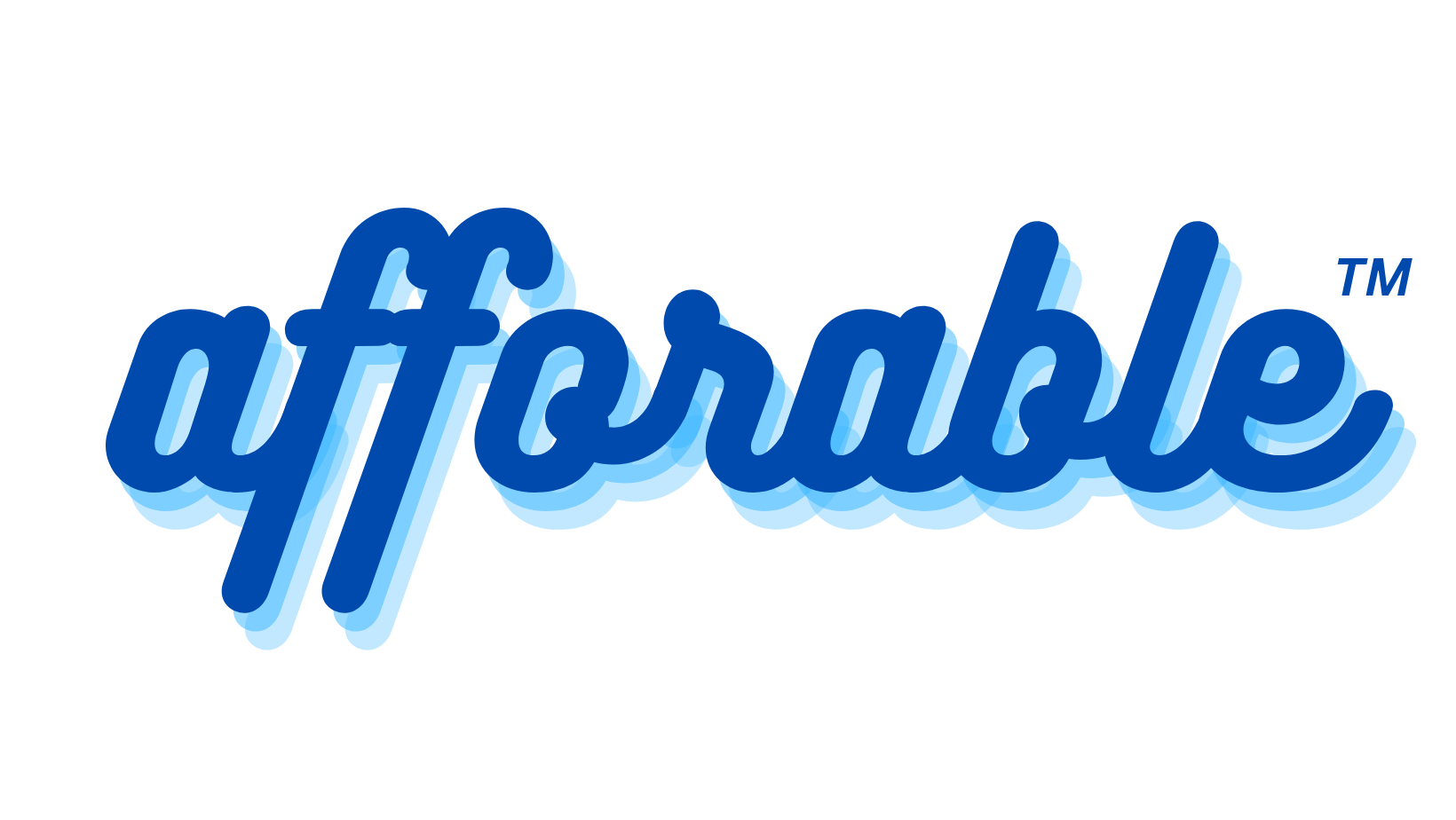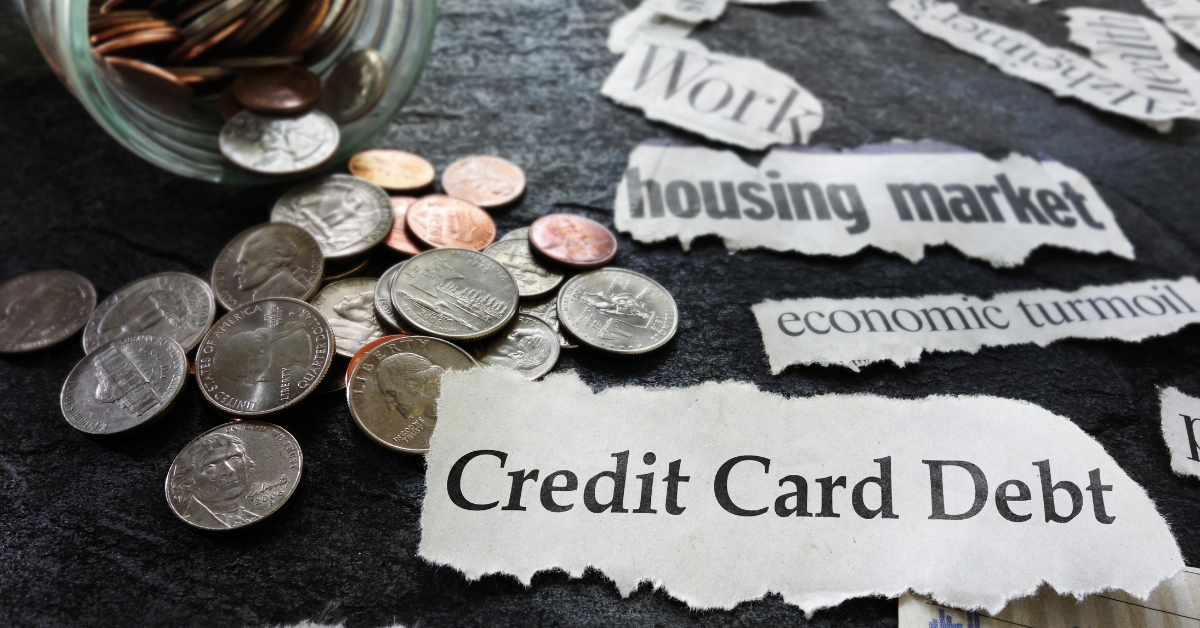Credit card debt is a financial reality for millions of people, but understanding the nature of this debt is crucial for making informed financial decisions. One key distinction is whether credit card debt is secured or unsecured. In this article, we’ll delve into the world of credit card debt, shedding light on its classification as unsecured debt, and the implications it carries.
Credit Card Debt: Unsecured in Nature
When it comes to classifying debt, the two primary categories are secured and unsecured. Credit card debt falls squarely into the unsecured category.
Unsecured Debt Explained
Unsecured debt, as the name suggests, lacks collateral or specific assets tied to it. In the context of credit card debt, this means there is no specific property or asset serving as security for the debt. Your credit card issuer extends you a line of credit based on your creditworthiness, financial history, and income.
What Happens if You Default
Since credit card debt is unsecured, credit card companies do not have a claim on your property or assets if you fail to make payments. Instead, they rely on other means to recover the debt. This typically involves collections efforts, which can include contacting you for payment or working with collection agencies. In severe cases, credit card issuers may take legal action to recover the outstanding debt.
The Role of Creditworthiness
The unsecured nature of credit card debt places significant emphasis on your creditworthiness. Your credit score, history of on-time payments, and income level influence the credit limit you’re granted and the interest rates you’ll be charged. A strong credit history can lead to more favorable credit card terms, while a poor credit history may result in higher interest rates and lower credit limits.
Managing Unsecured Debt
As a responsible credit card holder, managing your unsecured debt is essential. Making on-time payments, keeping your credit utilization low, and avoiding excessive debt are all crucial components of responsible credit card management. Failure to manage your unsecured debt can result in damage to your credit score and financial stability.
Conclusion
Credit card debt, by its very nature, is considered unsecured debt. Understanding this classification is vital for managing your financial obligations and making informed choices about your credit card usage. As you navigate the world of personal finance, remember that responsible credit management is the key to maintaining a strong credit profile and a solid financial foundation.

